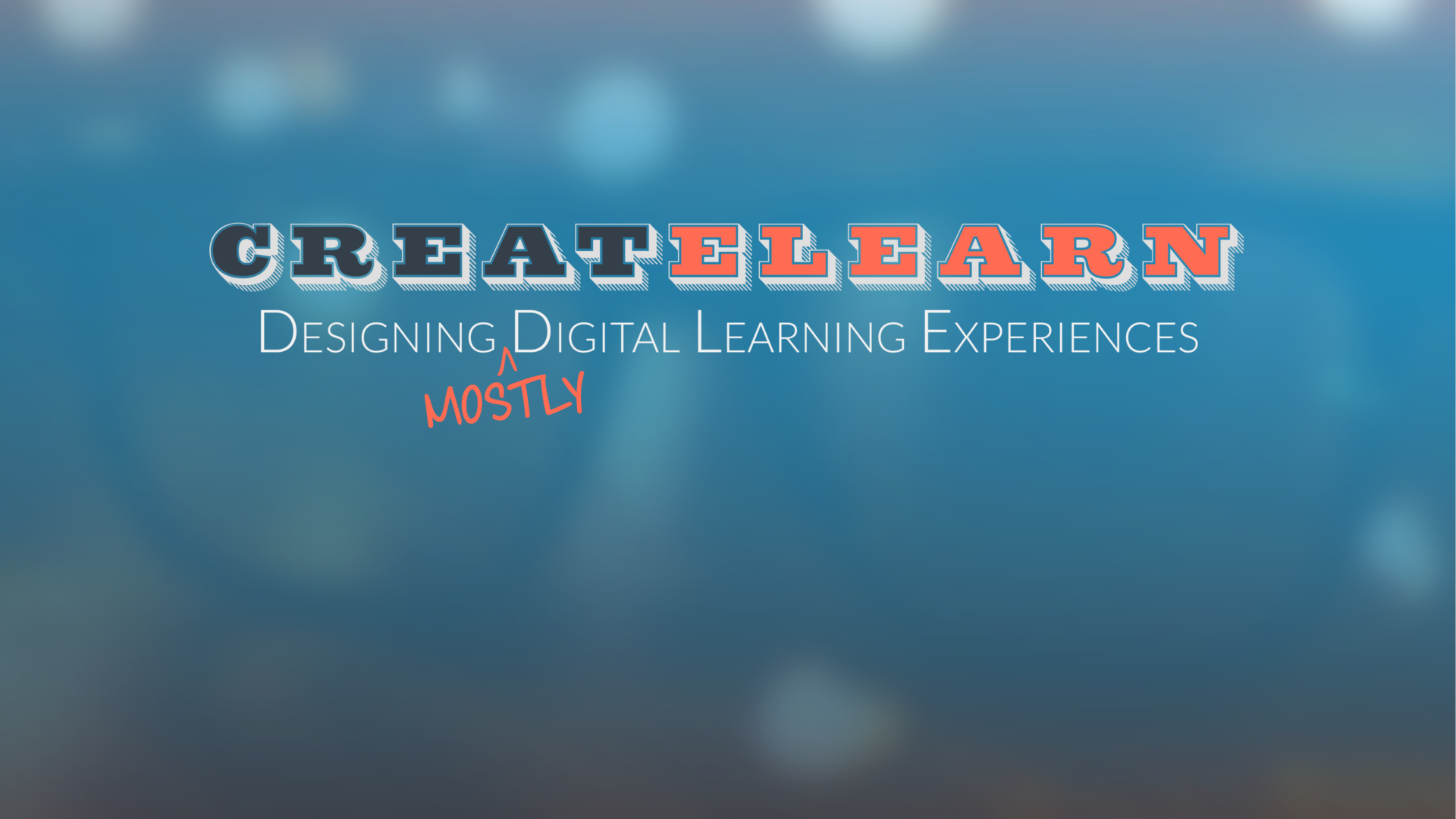Well, it’s summer and what is summer without a summer reading program. Currently, I am reading through a couple books. There are three books on my shortlist. These include:
- HBR’s 10 Must Reads On Leadership
- The Coaching Habit: Say Less, Ask More & Change the Way You Lead Forever
- Sprint: How to Solve Big Problems and Test New Ideas in Just Five Days
Before I continue, I should warn you that I try to always go beyond whatever I read in order to dive slightly deeper. The following post is the start of my summer reading into the deep end. As a warning, I will attempt to create variety within my “summer reading” posts and not all of these posts will remain in a consistent format.
First Read Turned Post for the Summer
I started with reading HBR’s 10 Must Reads on Leadership and the first article within inspired a post. This article by Daniel Goleman (1986) is entitled What Makes a Leader? Inside, he discusses Emotional Intelligence (EI) and espouses EI as the crux of successful leadership. He goes on to state that leaders with a critical mass of emotional intelligence outperformed yearly earning goals by 20%. And that nearly 90% of the professional competencies that differentiate top performers are related to emotional intelligence.
The following video offers a humorous opening, by a psychologist at least, prior to divulging his thoughts on human compassion. Of course, this isn’t fully in-tune with the concept of EI, but connected to emotions and the author of this HBR article.
Five Core Components of EI
- Self-awareness – When I read the little vignettes on Self-awareness. I found a lot of value being aware of when you are at your best and attempting to manage trigger situations. The adage “know thyself” popped up and couldn’t be a more true statement for a leader. A leader must maintain an even keel regardless of the circumstances presented at the moment. A quote that stood out to me was the following: “people with strong self-awareness are neither overly critical nor unrealistically hopeful.” I have the tendency to be overly critical.
- Self-regulation – Marked by the ability to control or redirect disruptive impulses and moods. The ability to think before acting made me think of the numerous meetings that I have been to that jump to random solutions and want someone to act on these action steps. It’s the same technique that creates pushy-stereotypical sales people that push products/services on you without understanding your needs. Overall, when meetings have the tendency throw solutions at the problem before understanding the problem, I can get angry and I begin to “shut down.” How can I manage this emotional response and create a simple counterpoint to dive deeper before offering solutions (in my case training-related solutions) to a problem.
- Motivation – When I think motivation, I think of Daniel Pink’s perspective, and I also think of Self-Determination Theory, which is very similar to Daniel Pink’s Autonomy, Mastery, and Purpose theory within his book Drive.
- Empathy – I like the LAURA acronym to help remind me how to consider other’s feelings. It’s not like an acronym can distill empathy into an over-simplified robotic
- Listen intently.
- Acknowledge other’s concern or perspective.
- Understand other’s concern and/or perspective.
- Relate and attempt to connect.
- Ask what they need from you.
- Social Skills – I have none; thus, I cannot reflect on social skills.
How to Teach EI
Improving a leaders Emotional Intelligence can’t be done through a traditional in-person training. The concepts and an overview of EI could be provided to someone attempting to learn about EI by Goleman. However, if a leader wanted to improve even one of the components listed above, he/she must have the drive required to change these deeply embedded behavioral habits.
And an individualized approach to extended practice and feedback for a learner should be used to deliver instructional treatments for the leader. Coaching, role-playing, reflection, on-the-job triggers and practice are some examples of treatments that can be implemented with professional support. However, regardless of the instructional strategies used to change behavior, a leader will not change any of the main EI components without “sincere desire and conceited effort” on the leaders part. Do they have the capacity to change and do they have the motivation to change? Simply put, a singular course or training event with not produce any noticeable results.
Noteworthy Quotes
- “When senior managers had a critical mass of EI capabilities, their divisions out-performed yearly earnings goals by 20%.”
- “To enhance emotional intelligence…[training]must help people break old behavioral habits and establish new ones.”
- “Their trivial demands take us away from the real work that needs to be done.” (This is an example of what a self-aware person would say in response to emotionally draining and demanding clients)
- “Despite the value of having self-aware people in the workplace, my research indicates that senior executives don’t often give self-awareness the credit it deserves…Many exectutives mistake condor about feelings for “wimpiness” and fail to give due respect to employees who openly acknowledge their shortcomings.”
- “He could leap and scream at the group…[or] he could choose his words carefully, acknowledging the poor performance without rushing to hasty judgement.”
- “People that have mastered their emotions are able to roll with changes.”
- Motivated leaders have a “Deeply embedded desire to achieve for the sake of achievement.”
Additional Resources
- Leading with Emotional Intelligence (Lynda Course)
- Emotional Intelligences: Learning how to be more aware (MindTools)
- Emotional Intelligence: Developing Strong People Skills (MindTools)
- Five Ways to Show Emotional Intelligence Infographic (MindTools)



You must be logged in to post a comment.